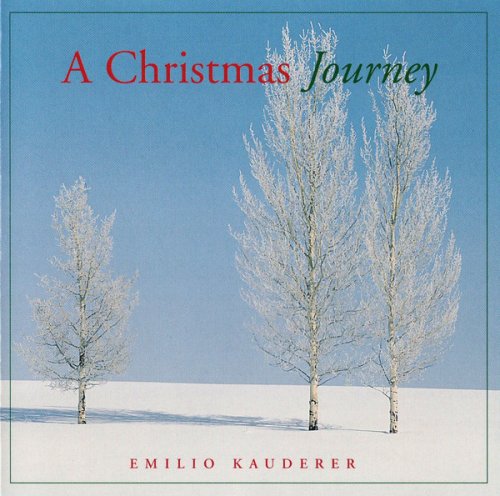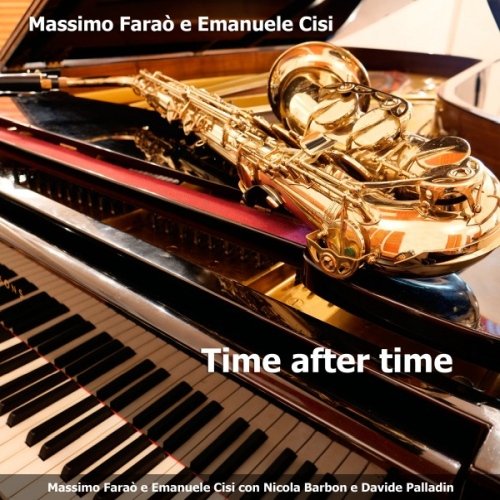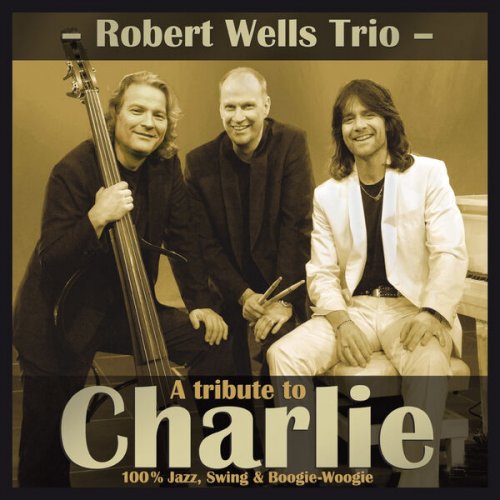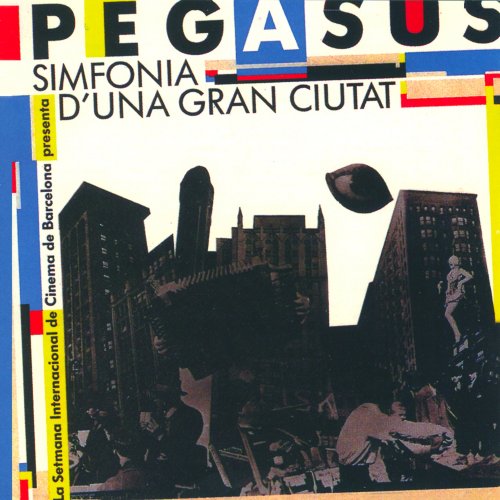Pietro Soraci - Johann Sebastian Bach: Sämtliche Klavierwerke IX - Fantasien, Capricci, Ouvertüren & Suiten (2024)

Artist: Pietro Soraci
Title: Johann Sebastian Bach: Sämtliche Klavierwerke IX - Fantasien, Capricci, Ouvertüren & Suiten
Year Of Release: 2024
Label: Da Vinci Classics
Genre: Classical
Quality: FLAC (tracks)
Total Time: 126:37 min
Total Size: 456 MB
WebSite: Album Preview
Tracklist:Title: Johann Sebastian Bach: Sämtliche Klavierwerke IX - Fantasien, Capricci, Ouvertüren & Suiten
Year Of Release: 2024
Label: Da Vinci Classics
Genre: Classical
Quality: FLAC (tracks)
Total Time: 126:37 min
Total Size: 456 MB
WebSite: Album Preview
CD1:
01. Chromatische Fantasie und Fuge in D Minor, BWV 903: I. Fantasia
02. Chromatische Fantasie und Fuge in D Minor, BWV 903: II. Fugue
03. Fantasia and Fugue in A Minor, BWV 904: I. Fantasia
04. Fantasia and Fugue in A Minor, BWV 904: II. Fugue
05. Fantasia and Fugue, BWV 906: I. Fantasia
06. Fantasia and Fugue, BWV 906: II. Fugue
07. Fantasia in G Minor, BWV 917
08. Fantasia in C Minor, BWV 918
09. Fantasia in A Minor, BWV 922
10. Fantasia and Fugue in A Minor, BWV 944
11. Capriccio sopra la lontananza del suo fratello dilettissimo in B-Flat Major, BWV 992: I. Arioso: Adagio. Ist eine Schmeichelung de
12. Capriccio sopra la lontananza del suo fratello dilettissimo in B-Flat Major, BWV 992: II. Andante. Ist eine Vorstellung unterschie
13. Capriccio sopra la lontananza del suo fratello dilettissimo in B-Flat Major, BWV 992: III. Adagiosissimo: Ist ein allgemeines Lame
14. Capriccio sopra la lontananza del suo fratello dilettissimo in B-Flat Major, BWV 992: IV. Andante con moto Allhier kommen die Freu
15. Capriccio sopra la lontananza del suo fratello dilettissimo in B-Flat Major, BWV 992: V. Aria di Postiglione: Allegro poco
16. Capriccio sopra la lontananza del suo fratello dilettissimo in B-Flat Major, BWV 992: VI. Fuga all' imitazione die Posta della cor
17. Capriccio in E Major, BWV 993
CD2:
01. Ouverture in F Major, BWV 820: I. Ouverture
02. Ouverture in F Major, BWV 820: II. Entrée
03. Ouverture in F Major, BWV 820: III. Minuet-Trio
04. Ouverture in F Major, BWV 820: IV. Bourrée
05. Ouverture in F Major, BWV 820: V. Gigue
06. Suite in G Minor, BWV 822: I. Ouverture
07. Suite in G Minor, BWV 822: II. Aria di Postiglione: Allegro poco
08. Suite in G Minor, BWV 822: III. Gavotte en Rondeau
09. Suite in G Minor, BWV 822: IV. Bourrée
10. Suite in G Minor, BWV 822: V. Menuet 1-2-3
11. Suite in G Minor, BWV 822: VI. Gigue
12. Suite in A Minor, BWV 818: I. Allemande
13. Suite in A Minor, BWV 818: II. Courante
14. Suite in A Minor, BWV 818: III. Sarabande Simple Double
15. Suite in A Minor, BWV 818: IV. Gigue
16. Suite in E-Flat Major, BWV 819: I. Allemande
17. Suite in E-Flat Major, BWV 819: II. Courante
18. Suite in E-Flat Major, BWV 819: III. Sarabande
19. Suite in E-Flat Major, BWV 819: IV. Bourrée
20. Suite in E-Flat Major, BWV 819: V. Menuet I-II
21. Suite in F Minor, BWV 823: I. Prélude
22. Suite in F Minor, BWV 823: II. Sarabande en Rondeau
23. Suite in F Minor, BWV 823: III. Gigue
24. Suite in A Major, BWV 832: I. Allemande
25. Suite in A Major, BWV 832: II. Air pour les Trompettes
26. Suite in A Major, BWV 832: III. Sarabande
27. Suite in A Major, BWV 832: IV. Bourrée
28. Suite in A Major, BWV 832: V. Gigue
The music recorded on this double CD allows us to get a glimpse on a genius musician’s first steps in the world of composition. Johann Sebastian Bach was orphaned of both parents at a very young age; at ten he had already to find his place in the world. Fortunately, he was neither destitute nor alone; his siblings did not abandon him, and his elder brother Johann Christoph, who lived in Ohrdruf, took care of him. Taking care meant not only providing him with food and shelter, but also to enable him to earn his living. Probably, Johann Sebastian’s outstanding talent was already showing; but even had he had much more ordinary gifts, the obvious option would have been to educate him as a musician. The Bachs were musicians – performers and composers; there was such a coincidence between their family and professional musicianship that, in some zones of Germany, “ein Bach” did not mean just a brook, but also “a musician”. So, unless a Bach had some objective and unsurpassable obstacles preventing him from practising music, the path was laid before him.
Music teaching and learning took the form of apprenticeship, in the style of a Medieval artist’s workshop. Young artists worked, studied, and frequently lived with their teacher – particularly if one’s teacher happened also to be one’s brother, as in Bach’s case. There were also schools of music, like the Thomasschule where Bach himself would teach in later years; but his primary education as a musician took care under his brother’s guidance. Bach did attend a gymnasium, where his intelligence was quickly acknowledged, and where his keen cleverness found the outlet it needed. In later years, Bach would sorely regret the fact of having been unable to attend a university (something he would have deeply loved to do); and he did his best in order to secure that opportunity for his sons.
Music teaching and learning took the form of apprenticeship, in the style of a Medieval artist’s workshop. Young artists worked, studied, and frequently lived with their teacher – particularly if one’s teacher happened also to be one’s brother, as in Bach’s case. There were also schools of music, like the Thomasschule where Bach himself would teach in later years; but his primary education as a musician took care under his brother’s guidance. Bach did attend a gymnasium, where his intelligence was quickly acknowledged, and where his keen cleverness found the outlet it needed. In later years, Bach would sorely regret the fact of having been unable to attend a university (something he would have deeply loved to do); and he did his best in order to secure that opportunity for his sons.








